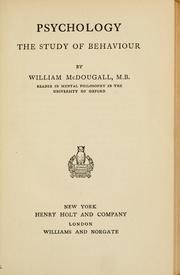
Photo from academic.microsoft.com
Transitive inference (TI) has been studied in humans and several animals such as rats, pigeons and fishes. Using different methods for training premises it has been shown that a non-trained… Click to show full abstract
Transitive inference (TI) has been studied in humans and several animals such as rats, pigeons and fishes. Using different methods for training premises it has been shown that a non-trained relation between stimuli can be stablished, so that if A > B > C > D > E, then B > D. Despite the widely reported cases of TI, the specific mechanisms underlying this phenomenon remain under discussion. In the present experiment pigeons were trained in a TI procedure with four premises. After being exposed to all premises, the pigeons showed a consistent preference for B over D during the test. After overtraining C+D- alone, B was still preferred over D. However, the expected pattern of training performance (referred to as serial position effect) was distorted, whereas TI remained unaltered. The results are discussed regarding value transfer and reinforcement contingencies as possible mechanisms. We conclude that reinforcement contingencies can affect training performance without altering TI.
Journal Title: Frontiers in Psychology
Year Published: 2018
Link to full text (if available)
Share on Social Media: Sign Up to like & get
recommendations!